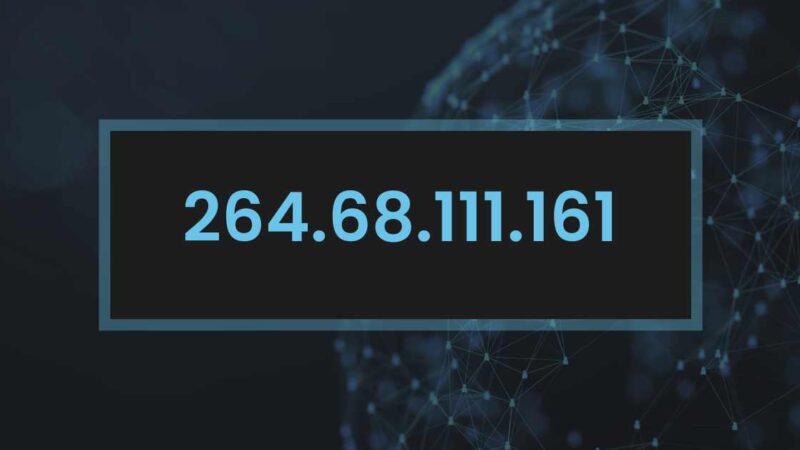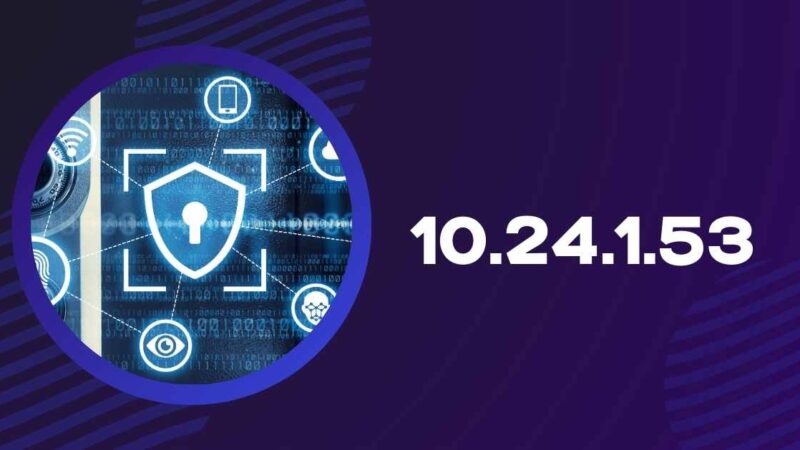Internet Gaming Addiction: Signs, Causes, and Treatments

What Are the Signs and Symptoms of Internet Gaming Addiction?
Recognizing the signs of Internet Gaming Addiction is essential for early intervention and effective treatment. Individuals struggling with video game addiction often exhibit a preoccupation with gaming, where thoughts about games dominate their minds even when not playing. This intense focus can lead to withdrawal symptoms, including irritability, anxiety, or sadness when unable to play. Over time, individuals develop increased tolerance, requiring longer and more intense gaming sessions to achieve the same level of satisfaction. As the addiction deepens, personal, social, and occupational responsibilities are neglected, with gamers often sacrificing relationships, work, and self-care. Despite experiencing negative consequences, such as poor performance at school or work, strained relationships, and health issues, affected individuals continue gaming. This compulsive behavior often results in a loss of interest in previously enjoyed activities.
What Causes Video Game Addiction?
Internet Gaming Addiction is a complex issue with multiple contributing factors. Psychological factors, such as anxiety, depression, and low self-esteem, can drive individuals to seek refuge in gaming, where achievements and rewards offer a temporary escape from reality. Behavioral factors play a significant role, as games are designed to provide instant gratification, rewards, and a sense of accomplishment. The addictive nature of gameplay mechanics, including leveling up, unlocking rewards, and completing challenges, reinforces repeated behavior. Environmental factors also contribute, such as a lack of supervision, peer pressure, and stressful environments. Easy access to games, especially through mobile devices and online platforms, can make it difficult to regulate gaming habits.
How is Internet Gaming Addiction Diagnosed?
Diagnosing video game addiction requires a thorough assessment by a qualified healthcare provider or mental health professional. Evaluations often follow the criteria established by the World Health Organization (WHO) or the American Psychiatric Association’s DSM-5. These guidelines focus on assessing the severity of the addiction and its impact on daily life, relationships, and mental health. A diagnosis is made when persistent, repetitive gaming behavior occurs over a period of at least 12 months, resulting in impaired control over gaming, prioritization of gaming over other interests, and continued gaming despite negative consequences.
How is Video Game Addiction Treated?
Treating video game addiction often involves a comprehensive, multi-faceted approach. Cognitive Behavioral Therapy (CBT) is one of the most effective treatments, helping individuals identify and modify unhealthy thought patterns and behaviors. Counseling and psychotherapy offer a supportive environment for individuals to explore underlying emotional issues and develop healthier coping mechanisms. Family therapy can address the impact of technology addiction on relationships, promoting understanding and support among loved ones. Support groups provide a sense of community and shared experiences, helping individuals feel less isolated. Digital detox programs encourage a gradual reduction in gaming, allowing individuals to regain control over their behavior. In cases where mental health issues contribute to addiction, medication may be prescribed.
What Are the Risk Factors for Developing Internet Gaming Addiction?
Certain risk factors increase the likelihood of developing video game addiction. Male adolescents and young adults are particularly vulnerable, as they are more likely to engage in prolonged gaming sessions. Pre-existing mental health issues, such as anxiety, depression, and attention-deficit disorders, can also make individuals more susceptible to gaming addiction. Social isolation, feelings of loneliness, and a desire to escape reality can drive excessive gaming behavior. Easy access to gaming platforms, particularly with the rise of mobile and online games, further increases the risk.
Should All Gamers Be Concerned About Developing an Addiction?
Not all gamers are at risk of developing an addiction. Many people play video games for entertainment and relaxation without adverse effects. However, understanding the potential risks is essential for responsible gaming. Setting healthy boundaries, such as limiting playtime, balancing gaming with other activities, and maintaining relationships, can help prevent addiction. Awareness of warning signs, such as neglecting responsibilities or experiencing distress when not gaming, is crucial.
When Should I See My Healthcare Provider About Video Game Addiction?
If gaming habits begin to disrupt daily life, relationships, or mental well-being, it may be time to seek professional help. Early intervention can prevent long-term consequences and help individuals regain control over their lives. A mental health professional can provide guidance, support, and tailored treatment options.
A Note from Tech Giga Feed
At Tech Giga Feed, we prioritize mental well-being in the digital age. If you or a loved one is struggling with Internet Gaming Addiction, don’t hesitate to reach out to a qualified healthcare provider for support and guidance. Remember, recovery is possible with the right help.






